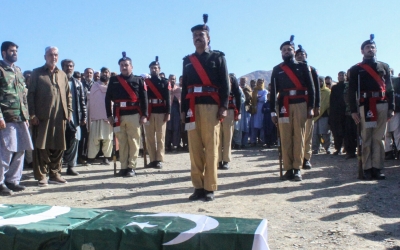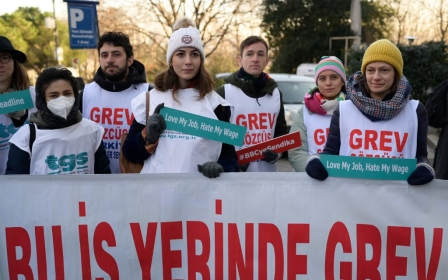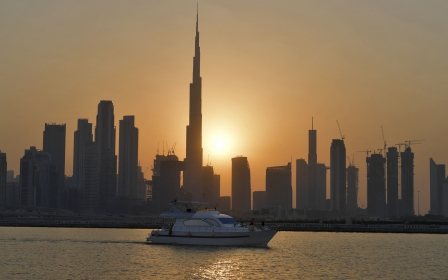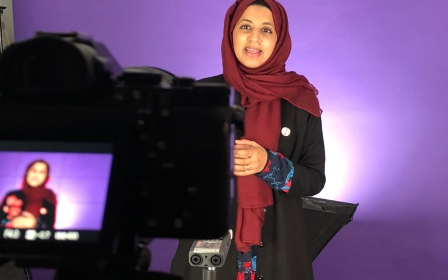Iran: BBC lodges complaint with UN over harassment of staff
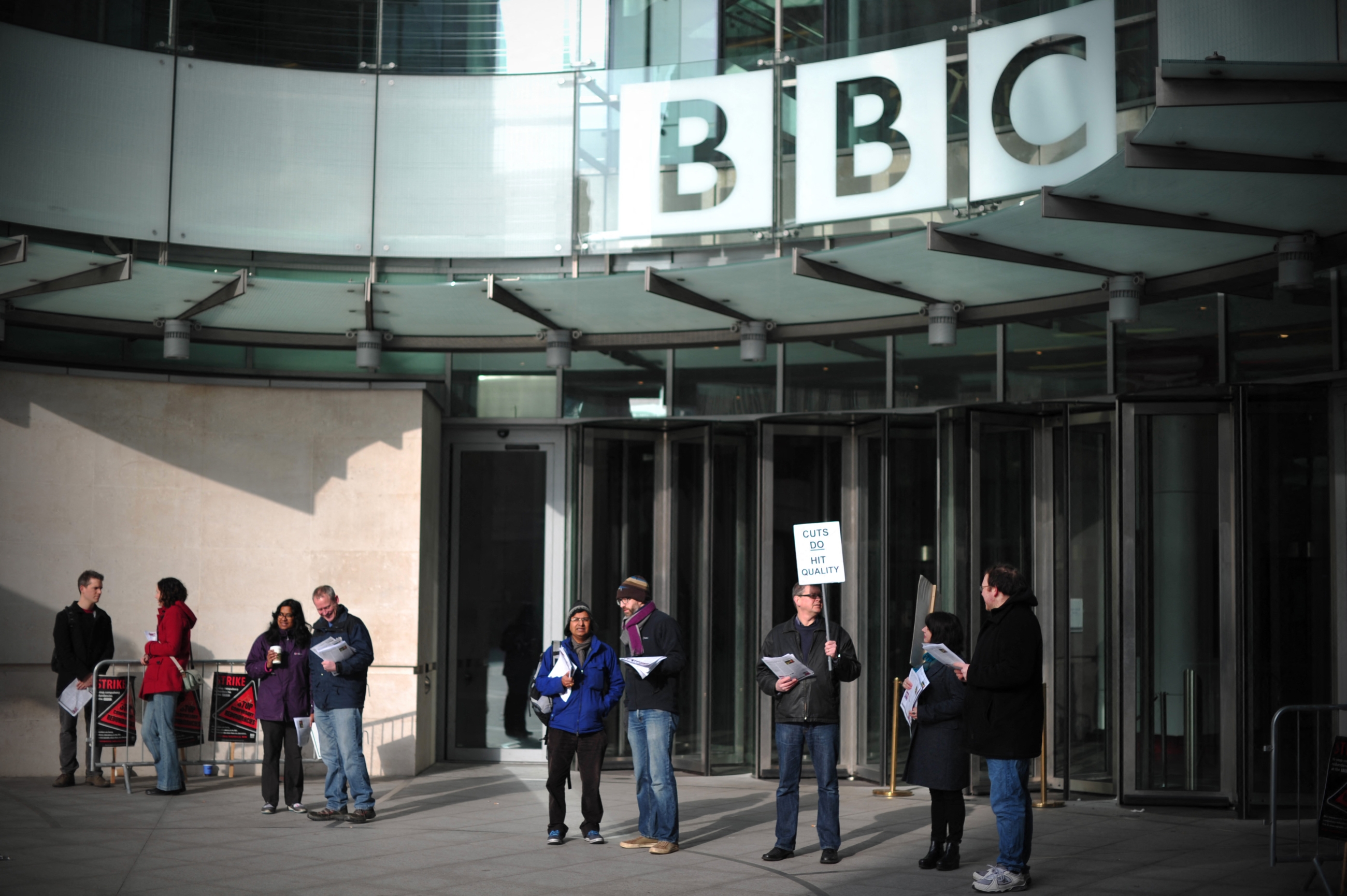
The BBC has filed a complaint with the United Nations over the Iranian government's harassment of its staff, accusing the Islamic Republic of engaging in "unlawful, extra-territorial operations" against journalists and dissidents.
In a statement on Thursday, the organisation said that Iran had been targeting BBC News Persian employees for more than a decade and that journalists and their family members faced travel bans, interrogations and feared returning to their home countries.
Among the ways that the Iranian government had targeted the employees were asset freezes, harassment of family members in Iran and online threats and abuse, particularly targeting women employees.
“We appeal to the UN and the international community to continue to condemn Iran for their unacceptable treatment of our BBC News Persian colleagues," said Liliane Landor, senior controller of BBC News International Services.
"There have been escalating actions and threats, including an asset freeze which penalises the journalists and their families, online harassment, gendered attacks on women journalists and death threats. It must stop. The BBC will continue to speak up for its journalists who should be free to carry out their jobs without fear of threats or intimidation towards them or their families in Iran.”
New MEE newsletter: Jerusalem Dispatch
Sign up to get the latest insights and analysis on Israel-Palestine, alongside Turkey Unpacked and other MEE newsletters
Ongong tensions
The UN has raised concerns in the past about treatment of staff at BBC News Persian, which says it has a weekly global audience of nearly 22 million people, including some 13 million in Iran itself.
Tensions between the UK and Iran have been strained in recent years over a dispute involving payment for military technology in the 1970s.
Shortly before the 1979 Iranian revolution that overthrew Shah Mohammad Reza Pahlavi, the British government struck an arms deal with the shah to sell more than 1,500 Chieftain battle tanks and 250 repair vehicles to Iran.
Iran paid £600m ($795m) for the tanks in advance, but having delivered only 185 tanks, the UK refused to deliver the remaining equipment when the shah was deposed.
The international court of arbitration in The Hague ordered Britain to pay the debt in 2001, a ruling upheld in 2009.
However, the two governments have been locked in a prolonged legal battle in the British courts over the exact sum owed and whether or not the UK should pay interest on it.
Another factor in the tensions is the detention of a number of British citizens in Iran, most notably Nazanin Zaghari-Ratcliffe, a British-Iranian dual national, who was arrested in 2016 as she was leaving Iran after taking her then 22-month-old daughter to visit her family.
Middle East Eye delivers independent and unrivalled coverage and analysis of the Middle East, North Africa and beyond. To learn more about republishing this content and the associated fees, please fill out this form. More about MEE can be found here.


